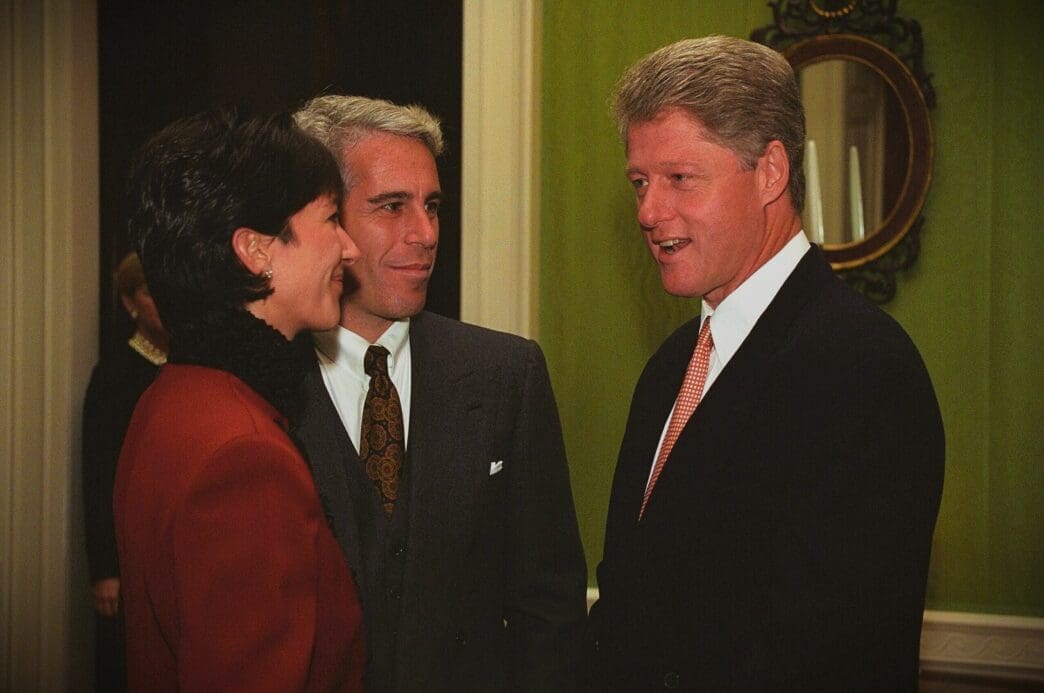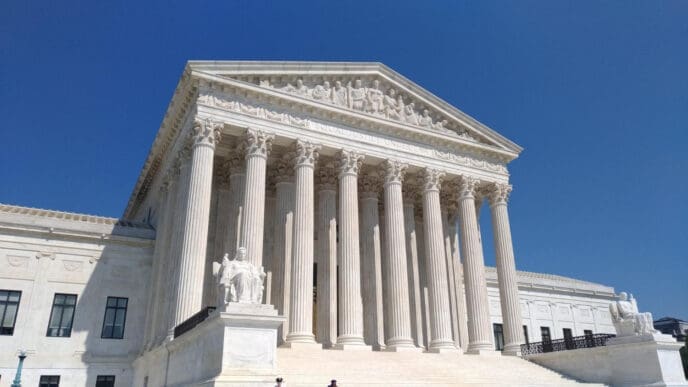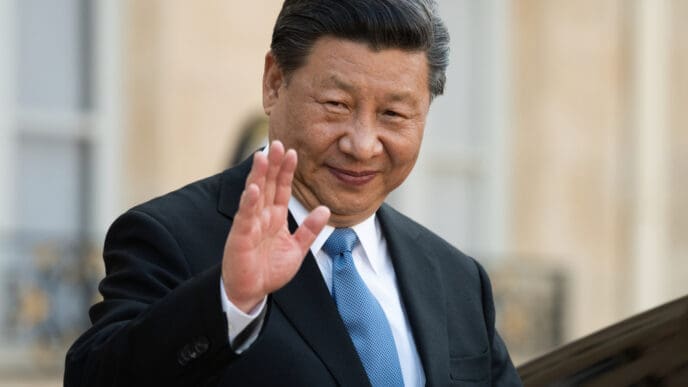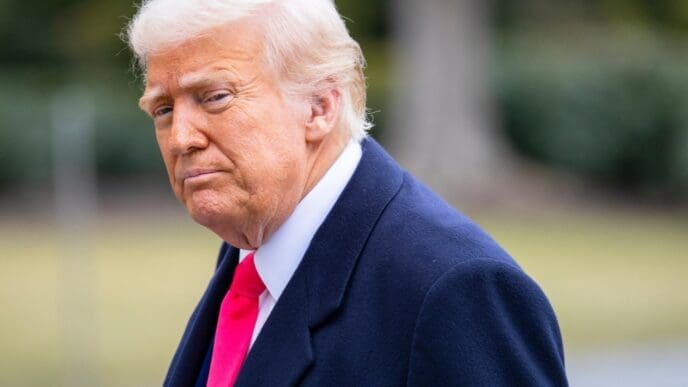Executive Summary
The Story So Far
Why This Matters
Who Thinks What?
The Trump administration is facing increased scrutiny over its handling of the release of documents related to the Jeffrey Epstein case, with critics and federal judges suggesting its efforts have created an “illusion of transparency” rather than full disclosure. Despite bipartisan calls for more extensive information, the administration has repeatedly been accused of releasing limited or already public documents, leading to an emotional plea from Epstein victims to Congress for intervention.
Congressional Pressure Mounts
A bipartisan push in the House of Representatives, led by Republican Rep. Thomas Massie of Kentucky and co-led by Democratic Rep. Ro Khanna, seeks to force the Justice Department to release more documents through a discharge petition. This effort is reportedly opposed by the Trump administration and Speaker Mike Johnson.
Epstein accusers held an emotional press conference, urging Congress to support Massie’s measure. Anouska de Georgiou, an accuser, stated that “The only motive for opposing this bill would be to conceal wrongdoing,” directly challenging the administration’s stance.
Administration’s Document Release and Opposition
Amidst the growing pressure, the GOP-controlled House Oversight Committee released an initial tranche of 33,000 pages of Epstein documents it had subpoenaed from the Justice Department. However, House Oversight Democrats and Rep. Massie estimated that 97% of these documents were already public or heavily redacted, with no new revelations.
Rep. Massie characterized the released documents as a minimal disclosure, claiming they represented only about 1% of the Justice Department’s holdings. The White House adopted a firm stance, issuing a statement to media outlets that labeled any Republican support for Massie’s discharge petition as a “hostile act” to the administration.
The Trump administration has cited the need to protect Epstein’s victims as a primary reason for its opposition to Massie’s bill. However, Massie’s measure includes provisions for redacting personally identifiable information of victims to safeguard their privacy, and many Epstein victims have publicly endorsed the petition.
Past Transparency Initiatives Questioned
Earlier attempts by the Trump administration to address the Epstein furor, such as an interview with Epstein accomplice Ghislaine Maxwell and a push for grand jury materials, also drew criticism. Transcripts from Maxwell’s interview were deemed unrevealing, and experts found grand jury materials provided little new information, often recounting secondhand allegations.
Judicial Condemnation
Multiple federal judges have rejected the administration’s efforts to release grand jury materials, with two explicitly criticizing the approach. U.S. District Judge Paul Engelmayer suggested the administration’s purpose “was aimed not at ‘transparency’ but at diversion — aimed not at full disclosure but at the illusion of such.”
U.S. District Judge Richard Berman echoed this sentiment, stating the administration’s move “appears to be a ‘diversion’ from the breadth and scope of the Epstein files.” Judge Berman further noted that the government possessed “complete information trove” that could better inform the public about the case.
The ongoing debate highlights a persistent tension between the Trump administration’s actions and the public and congressional demand for full transparency regarding the Epstein case. As critics and judges continue to question the administration’s motives, the situation forces House Republicans to weigh partisan loyalty against calls for comprehensive disclosure.














